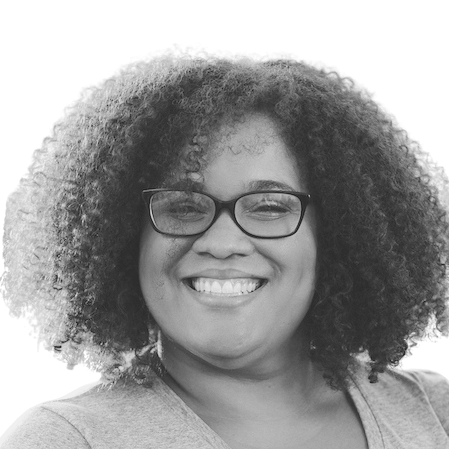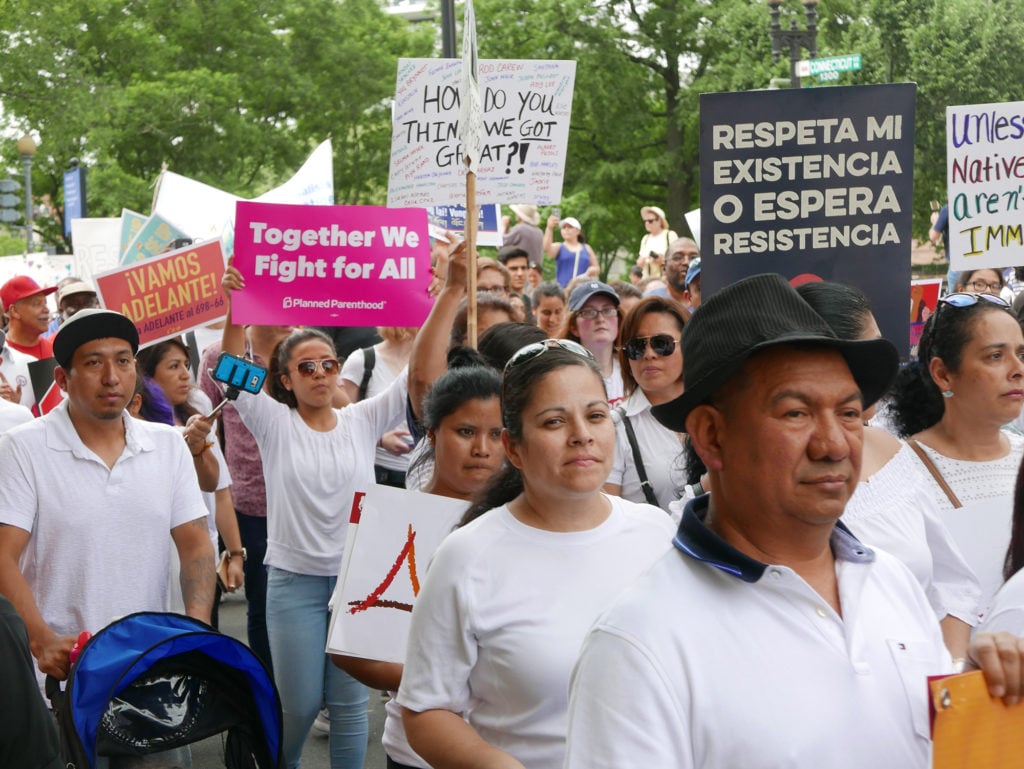On May 1, International Workers Day, we are reminded of our ability to claim new futures. Let’s call for societal reformation! How do we build it?
We need a long-term strategy to transform society, but that requires making assessments and executing practices. We will need to be able to relate to each other to develop our strategies and carry them out. We will need authentic relationships among stakeholders to bring about change.
Those relationships can be built on principled struggle, which is honest dialogue around a given community issue under a set of agreements to not undermine the other person. A community addressing an issue centering on the most impacted yields principled struggle with stakeholders. Stakeholders should hear and make decisions, while listening to real-life experts on a given issue with principle.
Principled struggle can be a game-changer. It allows for clear, direct tactical focus. No longer does corruption or unhealthy competition override the collective good. Authentic relationships and principled struggle are the cornerstones to effective strategy.
How does principled struggle work? How can rural white Trump supporters struggle with city black liberation fighters? What are the walls, beliefs, and myths that need to be torn down? What needs to be dismantled internally and externally? How are we to be safely vulnerable? Can we be? What restorative practices are needed to create such a world?
Religion, spirituality and second chances
Principled struggle starts with being willing to be vulnerable and willing to dismantle the very things that hold us back. Some of us can learn some of this practice through institutional religion or personal spirituality practices. I remember learning about Jesus in my Catholic tradition. As we came from April and some observing Easter, I reflected on the stories taught in class. On Jesus’s kindness, patience, and his radical leadership in the fight for the poor. What would Jesus do today?
I organized in a faith-led organization where a campaign to “Ban the Box” came to fruition. thanks to the spiritual grounding on forgiveness and second chances – most importantly, how a person’s relationship with God was centered in the most healing and restorative practice. We sought a law that would prohibit companies that did business with the city from including a box on job applications asking about an applicant’s criminal record. Members of the congregation were demanding a second chance to be whole citizens in the community. To do so, they needed work – and that box made it hard for them to get it.
In many campaigns, the faith leader (priest, rabbi, and so on) is the centerpiece of the campaign. Often these “grass-top” leaders play a significant role in campaigns and play the role of the expert. But it is those who are most impacted who are the real experts. They are the ones who can share their life experiences and demand a second chance.
In our campaign, City Council members looked to the grass-top faith leaders. It would have been easy to let the campaign take place with City Council members and faith leaders. But we engaged in principled struggle to have those most impacted by the issue centered and leading the campaign. While the faith leaders had relationships with City Council members, we needed to truly engage those closest to the pain, honoring their life experiences and respecting their capacities. They made space and we had a meeting with City Council members, with those members leading.
The campaign was a success and the City Council approved the bill (although it was later overturned by the state).
The “Ban the Box” campaign demonstrates how to be in principled struggle with elected leaders to re-imagine how to relate to each other.
Buddhist frameworks such as the concept of oneness teach us how we hold so much to identities, and lead us to examine what would it mean to let go. How can we drop the identities and beliefs that no longer serve us? Why, if I am racist today, must I always be? Or be greedy or exploitive always?
Spirituality can teach us to be principled and guide us to dialogue and cooperation, which is the only way we can achieve collective healing. It isn’t only the faith leaders that must or should be “good.” We must demand principled struggle from all leaders in our society and from each other.
Dreams of a democratic government
Democracy was a dream, a concept. But our current form of government leaves many behind. And under capitalism, the many are exploited by a few.
That means many of us often struggle over power, But we often struggle over the limited power among us, the many. We have a false concept that our government will leave us behind if we align. Let me be explicit. Some believe that if white people were to align and help dismantle white supremacy, white people’s wealth and power would diminish.
We have heard many stories of white rural folks that have no wealth and are left to believe that by aligning with Trump that will gain power. But I’ve also had experiences in rural areas that show another outcome is possible if we engage in principled struggle.
I saw some of this in 2008, when I worked on the Healthcare for America Now Campaign in Missouri, where rural poverty is severe. I will never forget those conversations and experiences. I recall going to a trailer park and talking to residents who had to decide between medical bills and rent. Their story was not any different from the many Black and Brown janitors who sought better standards in the workplace.
In 2015, I was back in Missouri. I worked for a labor organization that represented workers all across the state. Poverty hadn’t changed in those areas since 2008, but through a lot of organizing people began to change their dreams about how to change their day-to-day circumstances . Voters approved ballot measures on progressive issues such as a minimum wage increase, democracy reform and repealing Right to Work.
But the outcomes were complicated, because those same voters elected legislators that did not support those progressive values. They voted for progressive values but elected conservative white candidates to represent them. More work is necessary. To get a truly democratic government we need each other. We need principled struggle to build it together.
If we could rebuild something like the Rainbow Coalition today we could build our capacity for political principled struggle through conversations about race and class. We must develop our analysis on our common enemies. The corporate interests continue to advocate that we are different and divide us — for their main interest, to remain in power.
Building democratic organizations
The practice of principled struggle could also help us build stronger movements and organizations. Just as we want a new government that includes all voices, we should expect the same from our movement.
I was challenged early on in my labor career, when DREAMers asked for our support in civil disobedience. My vice president sent me to be the messenger that we would not be able to participate in the civil disobedience. I wasn’t given the direct reasons, just that we didn’t have capacity.
I wonder what the outcome would have been in that situation if our members (mothers and fathers to many DREAMers) had the opportunity to weigh in. If we engaged in principled political struggle on leadership decisions that impact our community, what could we have built together?
We must do more
Over the years, I have held onto the belief that I can change the world. I have learned that I can’t change it by myself nor do I have all the answers. Most importantly, I have guarded my spirit that tells me we must do more.
As a servant leader, I am honored to fight alongside the bravest people I know and hold dear the mantra that it’s every generation’s responsibility to make the world a better place than what they found it to be.
People feel that you get to be a certain age and all the idealism and imagination withers away. Imagine having the wisdom of an elder and the imagination of youth – always. Imagine – dare to be bold.
We must do more for each other and ourselves. We must do more for the generations to come. We all hold responsibility and power from where we sit. Let’s call for our DREAM and make it reality! I am counting on you.
Did you enjoy this article?
We're in the middle of our annual fund drive, and this year we're building our own internal infrastructure for subscriptions, meaning more of every dollar pledged goes to fulfilling our mission. Subscribe today to support our work and be a part of Convergence's next evolution.

